A. Rationale:
The 20th century is perhaps the most exciting but at the same time the most tumultuous century that the entire world has experienced. The explosion of scientific knowledge and technological developments forever changed the way humans lived and interacted. However, it was also the century of two devastating world wars the world has yet unseen. This period of intense creation, destruction and recreation was paralleled in the arts. MuL 135 places these social and cultural circumstances as the backdrop to better understand the music of the 20th century.
B. Course Aims Objectives
This course aims to provide you an awareness of the expansive developments in styles, philosophies and aesthetics that occurred in Western music in the 20th century. The goal is to improve your ability to listen intelligently and perceive the distinctive features of a composition and enable you to classify a work under a particular style artistic movement of the period. By the end of the semester, you should be able to name the significant composers and schools of thought and discuss their contribution towards the development of art and music of the century and how these were shaped by social and political factors. As a result of this understanding, your artistry as a musician will hopefully be enhanced and your musical taste as a listener expanded.
We expect to achieve these goals through reading, discussion, viewing and listening as well as performance. Tests will assess both your objective and subjective knowledge of the topic. Classroom discussion, journal writing and essay requirements will challenge you to improve your communicative skills and formulate your own opinions. The practical project you will work on in a small group towards the end of the semester will necessitate the application of your creativity and challenge your organizational and management abilities.
- Teacher: LaVerne dela Pena
This course aims to introduce the perspectives in the field ethnomusicology by learning its history, theories and practices and the literature that has shaped the discipline. The primary goals are to provide an enriched understanding of the role of music in human life; acquaint students with a wide range of musical perspectives; and demonstrate the utility of ethnomusicological perspectives in the study of music and performance “in” and “as” culture.
- Teacher: LaVerne dela Pena
- Teacher: LaVerne dela Pena
